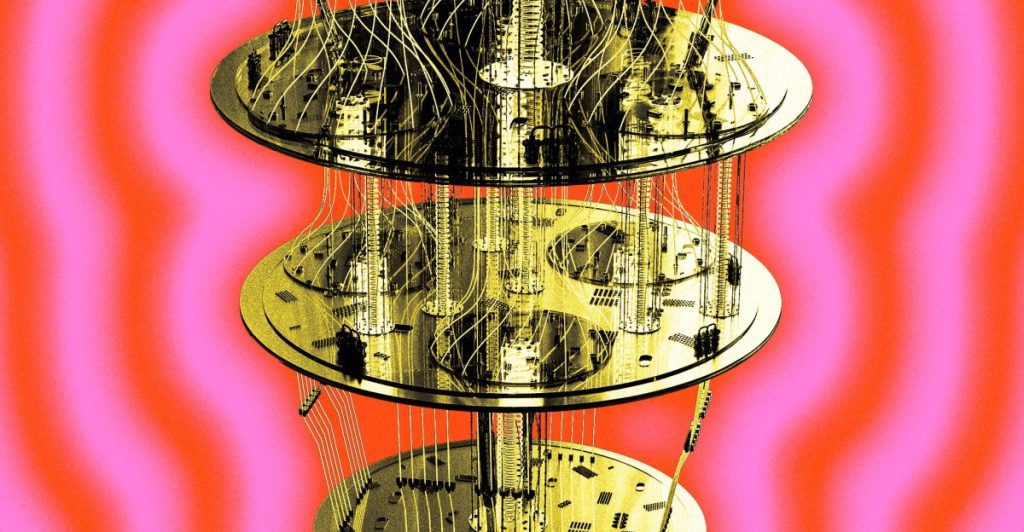On March 18, Chetan Nayak, who heads Microsoft’s quantum computing division, shared new findings regarding the company’s quantum computing chip at the American Physical Society’s Global Physics Summit in Anaheim, California. This presentation aimed to ease the intense discussion surrounding the topic among physicists, yet many researchers remain unconvinced about the results. “I never expected a single moment when everyone would be completely convinced,” Nayak remarked to Nature in a report published the same day.
The debate focuses on Microsoft’s claim from February that they have developed a new kind of quantum hardware—a topological qubit fashioned from a unique arrangement of electrons on a small wire. Microsoft asserts that this qubit has enhanced error resistance, potentially making it feasible to scale quantum computers for practical applications. However, the accompanying journal article indicated that Microsoft failed to definitively demonstrate the presence of the electrons corresponding to the defined pattern, known as Majorana zero modes. Previously, in 2021, Microsoft retracted a similar assertion.
“Skepticism and discussion are crucial elements of the scientific process,” Microsoft spokesperson Craig Cincotta told The Verge. He highlighted further advancements since the initially announced findings, mentioning that the team successfully controlled and observed a specific component of the qubit.
Recently, Nayak presented data that physicist Sergey Frolov from the University of Pittsburgh dismissed as “just noise,” acknowledging the difficulty in isolating the signal due to electrical interference. In a statement, Nayak expressed Microsoft’s confidence in their device, indicating high levels of interest and excitement surrounding the research.
Despite the ongoing debate, the field of quantum computing continues to see progress. Multiple organizations, including Google and Amazon, have reported incremental advancements in recent months. However, uncertainty lingers about when consumers might access practical quantum computing applications, and whether these computers will be integrated into personal devices.
Leading experts suggest that quantum computers will not be suitable for useful applications for at least another decade, provided investors remain patient. The complexity of quantum technology spans the spectrum, from the engineering of materials for qubits to the assembly of chips at scale and beyond. Still, investors show continued interest due to the massive potential for transformation in computing paradigms through quantum technology.
While significant funding has been pledged by governments in the US, EU, and UK for quantum computing development, the private sector has also seen record investments. Nonetheless, researchers face the challenge of meeting investor expectations without inflating them too much, which risked creating a “quantum winter”—a downturn caused by unmet expectations, reminiscent of past AI development setbacks. Continuous progress is essential to maintain momentum and support from the funding community.



